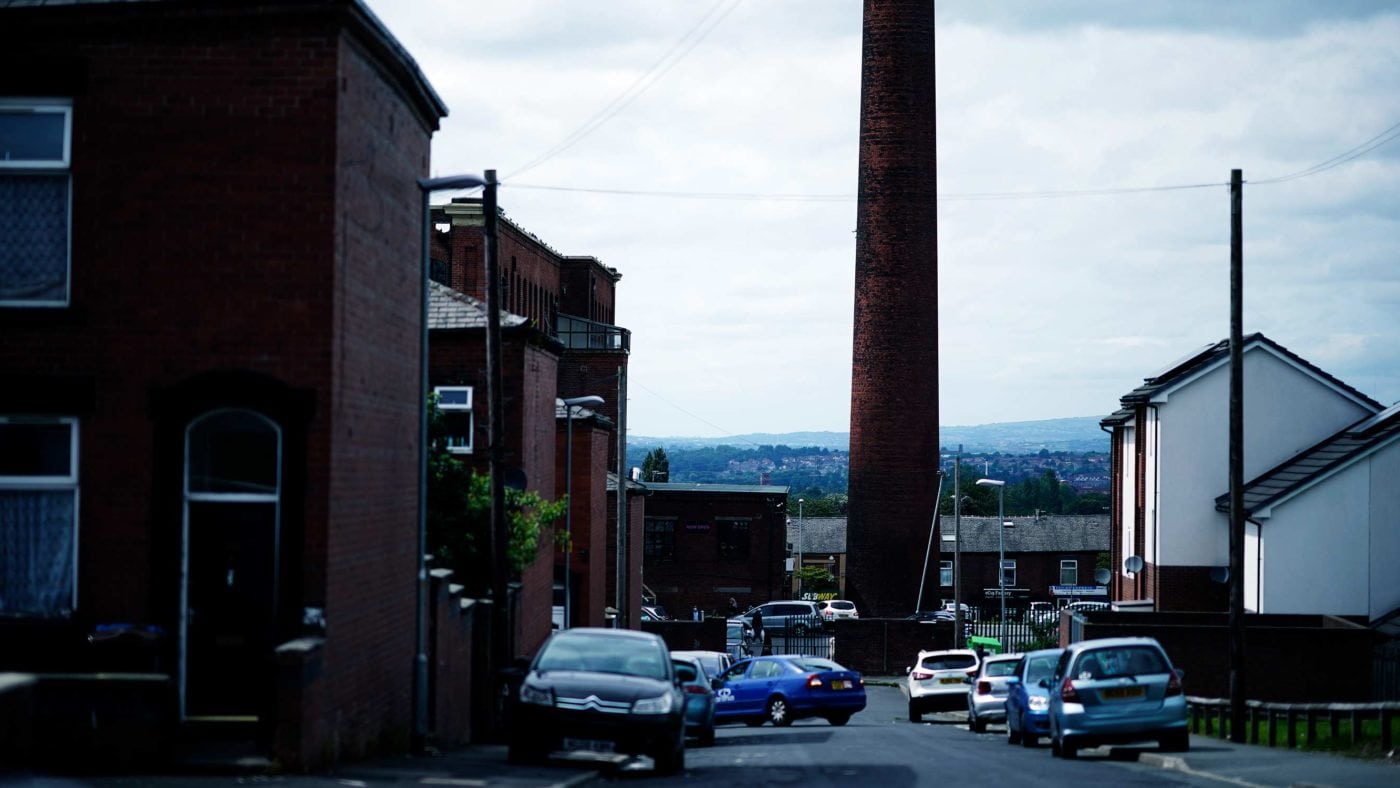The independent review into historic child sexual exploitation in Oldham means institutional failures over tackling grooming gangs has once again been thrust into the spotlight.
The review makes grim reading. It found that vulnerable children had been failed by the agencies that were responsible for ensuring their protection, with procedures not being properly followed.
While this probably all sounds wearyingly familiar, the report contains some particularly striking revelations. Take, for instance, the spectacular cross-institutional failure which led to a notorious grooming-gang ringleader being employed as a welfare rights officer at Oldham Council.
An independent review said Shabir Ahmed, who spearheaded a child sexual abuse ring in nearby Rochdale, was seconded to the Oldham Pakistani Community Centre during his time working for Oldham Council. Despite multiple concerns being raised about Ahmed (referred to as “Offender A” in the report) and his arrest for the sexual assault of children, the police failed to tell his employers of this critically important information. Justice has since caught up with Ahmed, who is currently serving a 22-year prison sentence.
Based on examining ten complex cases, the independent reviewers also found the quality of casework for at-risk children was generally ‘very poor’ and that there was a failure to ‘appropriately initiate multi-agency child protection procedures’.
The details of these cases are horrifying. One survivor of abuse, Sam, was attacked by a total of eight men during a 24-hour period and raped on multiple occasions – at the age of just 12. The review concluded that both Oldham Council and Greater Manchester Police (GMP) failed in their duties to protect her and made subsequent denials which ‘created the impression that both agencies were more concerned about covering up their failures than acknowledging the harm that had been done to a vulnerable young person’.
In truth, Greater Manchester Region’s track record has been far from stellar when it comes to tackling group-based child sexual exploitation.
Take, for example, the premature shutting down of Operation Augusta, which was set up in 2004 after the death of 15-year-old Victoria Agoglia. Victoria died from a suspected overdose soon after she alerted authorities to her experience of sexual abuse. Operation Augusta subsequently identified at least 57 victims – mainly high-school-aged white girls – and some 97 potential suspects across the Greater Manchester region. However, senior officers at GMP deprived the investigation of resources, before shutting it down completely with the support of Manchester City Council. Only a few men were ever convicted.
Perhaps most concerningly, an independent review of Augusta suggested that police officers were wary of potentially being seen as ‘targeting another minority group’, after it had dealt with cases involving members of the local Kurdish-origin population. Margaret Oliver, a retired detective who worked on Operation Augusta, has stated publicly that the operation was closed down too early. Oliver is on record as saying said that the group-based child sexual exploitation in Manchester was ‘a virtual carbon copy of Rochdale, men of largely Pakistani heritage were abusing vulnerable white girls in Hulme and around Rusholme’.
What is clear as day is that Greater Manchester may be economically ambitious, but its public services leave much to be desired, especially when it comes to protecting the vulnerable. They include severely at-risk young girls from dysfunctional family backgrounds left in insecure positions within the care system.
Public institutions – including local authorities and GMP – are guilty of a fundamental dereliction of duty on this front. The shutting down of Operation Augusta epitomises how public institutions can prioritise a misplaced sense of political correctness over the safety of incredibly vulnerable children, with the recent review exposing how a man previously arrested over child sexual assault managed to get a job at his local council advising people about benefits.
One of the markers of a truly civilised society is the extent to which its public institutions prioritise the safety of its most vulnerable citizens. But when it comes to tackling child sexual exploitation, Britain is failing miserably. A destructive combination of identity politics and victim-blaming tendencies among irresponsible officials has left vulnerable young girls – many of whom have experienced family breakdown, parental neglect and domestic violence – exposed to systematic sexual abuse and exploitation.
Public institutions should treat vulnerable children as people whose lives are worth protecting and be determined to bring those involved in systematic child sexual abuse to justice. They should be open about their mistakes, learn from their failures, and create robust multi-agency approaches which maximises the protection of children at risk of sexual abuse and exploitation.
Sadly, judging by the experience of recent years, I write that more in hope than expectation.
Click here to subscribe to our daily briefing – the best pieces from CapX and across the web.
CapX depends on the generosity of its readers. If you value what we do, please consider making a donation.


